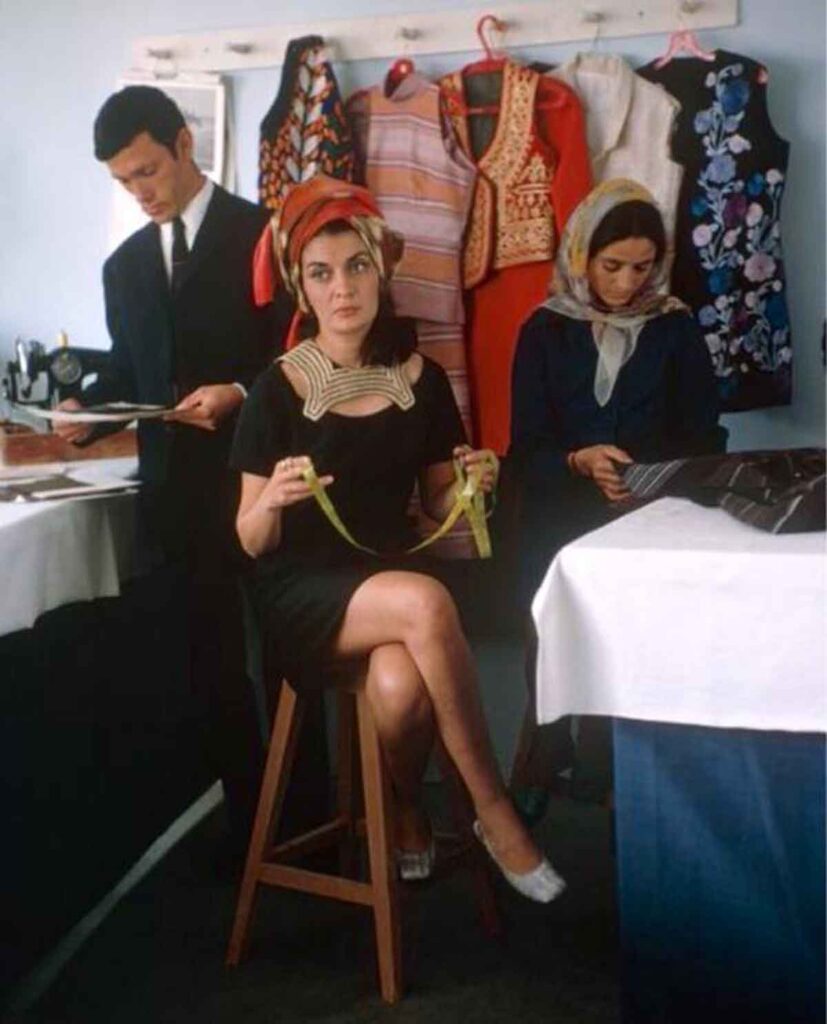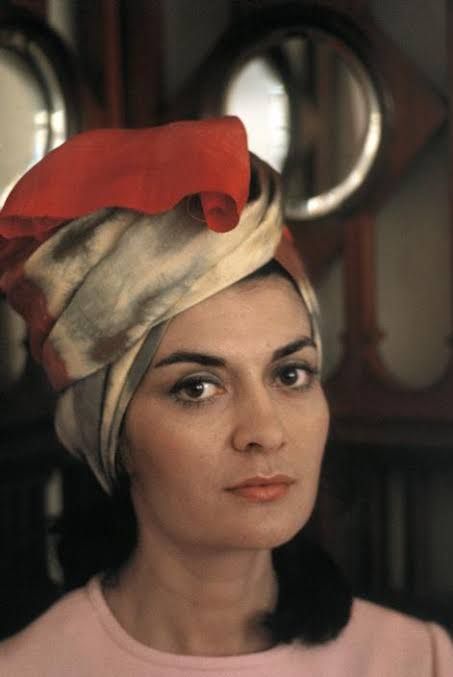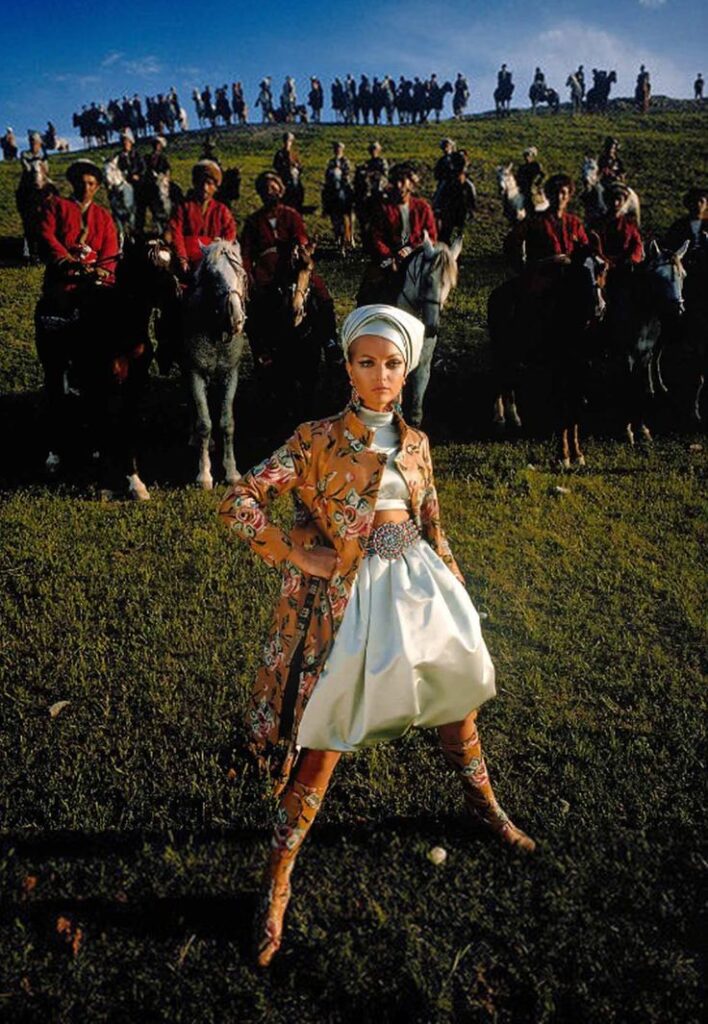


Safia Tarzi: A Pioneer of Afghan Fashion and Design
صفیه طرزی: پیشگام مد و طراحی افغانستان در دهه شصت و هفتاد میلادی.
Safia Tarzi is considered one of Afghanistan’s most iconic fashion designers, renowned for her revolutionary contributions to the world of design during the 1960s and 1970s. Born in the early 20th century, Tarzi emerged as a trailblazer in a period of rapid cultural transformation in Afghanistan. During these years, the country experienced a wave of modernization that was reflected in its art, fashion, and architecture.
Tarzi’s work was a unique blend of traditional Afghan heritage and contemporary global design influences. Drawing on the rich cultural tapestry of Afghanistan, she incorporated intricate embroidery, vibrant colors, and luxurious fabrics into her creations, while also embracing modern silhouettes and styles that were in vogue internationally. This fusion of East and West made her designs stand out and brought global attention to Afghan craftsmanship.
As a designer, Safia Tarzi not only catered to the fashion elite in Afghanistan but also played a key role in reshaping the visual culture of the country. She designed clothing that was both elegant and accessible, helping Afghan women express their identity with a sense of dignity, sophistication, and modernity. Her collections were characterized by their elegance, with an emphasis on feminine form and the use of high-quality materials such as silk, velvet, and hand-woven fabrics.
During the golden decades of Afghan fashion, her atelier became a hub of creativity and innovation. Many prominent figures, including members of the Afghan royal family, were among her clientele. Her designs were celebrated not only for their aesthetic beauty but also for their ability to combine artistry with practicality, enabling women to embrace both tradition and modernity.
Tarzi’s influence extended beyond fashion design; she became an ambassador of Afghan culture, promoting Afghan artistry and craftsmanship on the global stage. Her legacy is a testament to her incredible talent and vision, and she remains an inspiration for future generations of designers.
Her work, which was at the forefront of the fashion scene in Afghanistan during its most vibrant and progressive years, continues to be celebrated as a symbol of the country’s rich cultural heritage and its contribution to global design.











